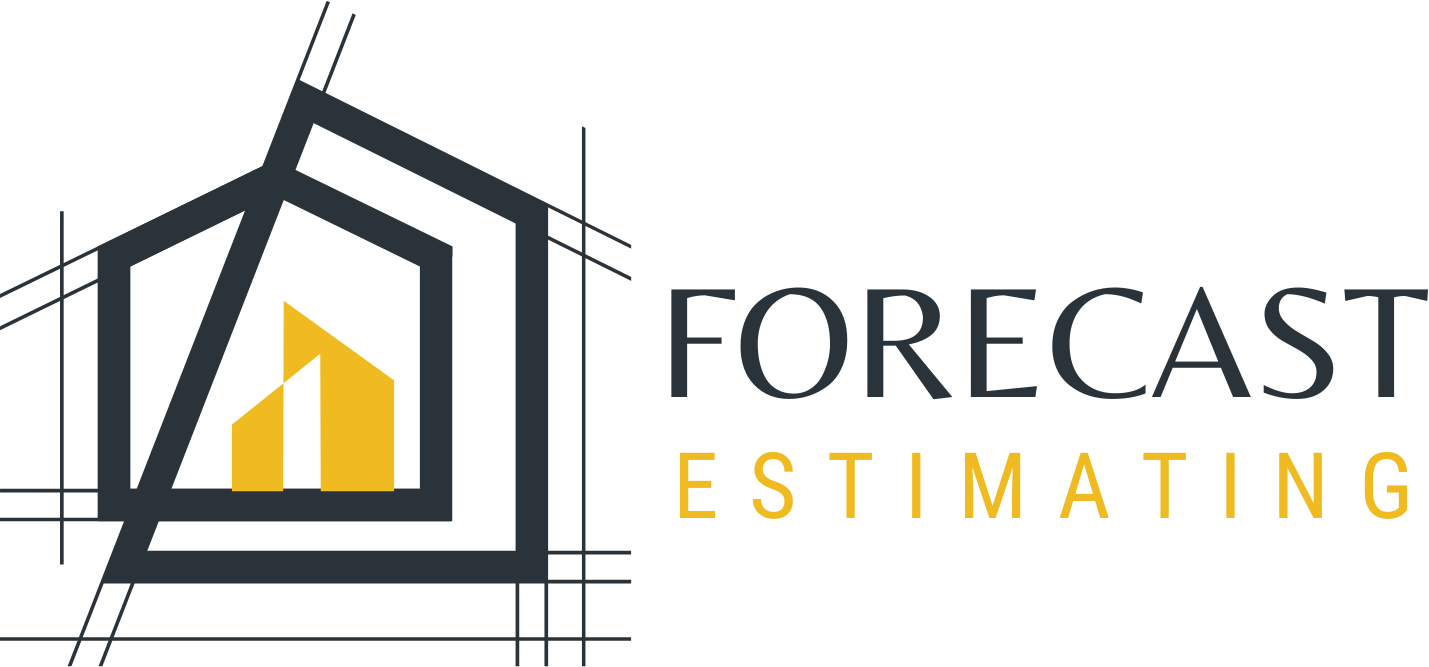The Importance of Accurate Estimating in Construction Projects

In the construction industry, precision is everything. Whether you’re planning a residential build, a commercial property, or large-scale infrastructure, accurate estimating is the foundation of any successful project. Miscalculating costs or timeframes can result in budget overruns, delays, and strained client relationships. But what exactly does “accurate estimating” mean, and why is it so critical? In this blog, we’ll explore the importance of precise estimates and offer some best practices to ensure your construction projects stay on track.
The Consequences of Poor Estimating
One of the most common reasons for project failures is poor estimating. When estimates are inaccurate, a domino effect often ensues:
- Budget Overruns: Initial estimates that are too low lead to unforeseen expenses down the line, leaving clients with ballooning costs and potentially derailing the project.
- Project Delays: If the project scope is underestimated, timelines can stretch beyond the expected delivery date, frustrating clients and damaging reputations.
- Resource Mismanagement: Underestimating materials, labor, or equipment requirements can lead to project downtime, higher operating costs, and even safety risks.
How Technology is Changing the Game
Modern construction estimating has been revolutionized by advancements in technology. From cloud-based software to AI-driven analytics, tools now offer unparalleled accuracy in generating estimates. Here’s how:
- Real-Time Data Integration: Many modern tools allow for real-time updates based on changes in material costs or labor availability. This ensures that estimates remain current throughout the project lifecycle.
- Machine Learning Algorithms: AI can now analyze historical data to provide more accurate forecasts and account for variables that humans may overlook.
- 3D Modeling and BIM: Building Information Modeling (BIM) allows estimators to visualize and quantify material needs with pinpoint precision. This reduces human error and provides more reliable cost projections.
Best Practices for Accurate Estimating
There are several key strategies that construction professionals can implement to improve the accuracy of their estimates:
- Leverage Historical Data: Use past project data to benchmark and refine future estimates. This helps you account for variables like labor costs, material waste, and timelines.
- Involve Key Stakeholders Early: Consult with subcontractors, architects, and engineers during the estimating process to ensure all details are captured.
- Update Estimates Regularly: Conditions change throughout a project, so estimates should be revised to reflect updated costs, timelines, and project scope.
- Account for Contingencies: Always include a buffer for unexpected costs. A contingency fund of 5-10% can help cushion against any unforeseen expenses.
Accurate estimating isn’t just about crunching numbers—it’s about planning for success. By integrating best practices and leveraging advanced technology, construction companies can avoid the pitfalls of poor estimating and ensure smoother project execution. Ultimately, accurate estimating leads to satisfied clients, on-time project delivery, and a more profitable business.


Leave a Reply
Want to join the discussion?Feel free to contribute!